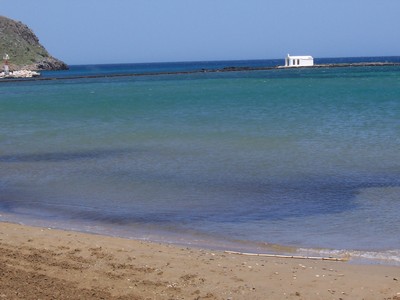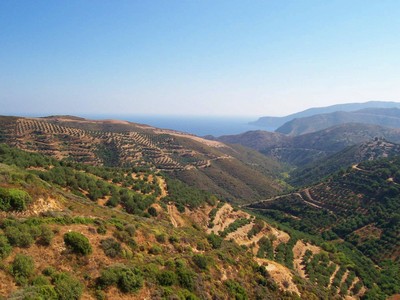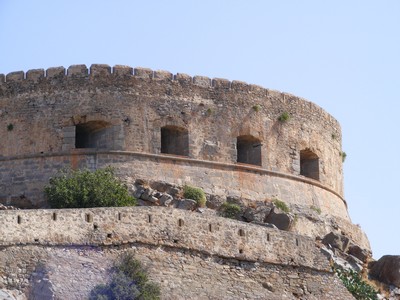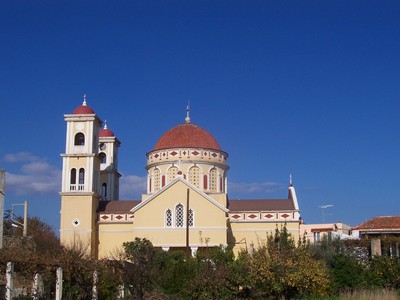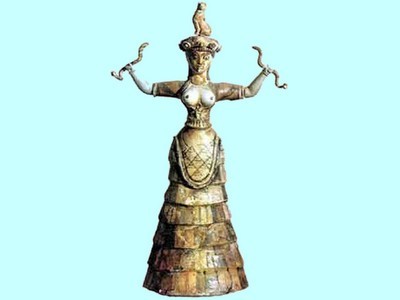Crazy about the Greek island of Crete!
Driving in Greece Can Be Bad For Your Health…
Recent statistics show that the risk of being killed in a car accident is highest in Greece. Car travellers in the UK face the lowest risk of death of all the countries in Europe, measured per persons per kilometre travelled by all road users.
Greece joined the EU in 1981 and since that time there has been massive investment in its roads and transport infrastructure. Despite this, Greece continues to head the league table on road deaths and this year there has been a sharp increase.
There are many reasons for this sorry state of affairs, in a modern European country that prides itself in loving life.
Although there has been a lot of investment, the roads of Greece still fall far short of the standards required for today's transport needs. Money supposedly earmarked for transport has gone elsewhere, and the state of the roads meant that the money available was never going to be sufficient to change things overnight.
The collection of Toll fees has been recently handed to a private company and it is feared that this will deprive the state of millions of euros that could be used to make the roads safer.
Greeks themselves are notorious for their poor driving habits, for not making sufficient allowance in bad conditions, and for placing too much faith in God and St Christopher to provide them with safe passage to and from their destinations.
Greek police are notorious too. Their worse fault is inconsistency in enforcing the rules and laws needed to promote safe driving. The blatant flouting of the law requiring motorcyclist to wear safety helmets is at a level that would be unheard of in the UK, for example. You often see several family members on the same motorcycle, none wearing helmets. Wearing seatbelts is not taken too seriously either, and small children can be seen sat on the passenger's (or even driver's) lap. It is unlikely that the police will enforce the law in these situations.
The worst and most dangerous practice on the roads in Greece is overtaking when prohibited or obviously unsafe. Double white lines down the centre of the road should not be crossed, but frequently are. No-Overtaking signs are generally ignored.
Road signs are generally poorly maintained, and road markings are frequently absent or just plain confusing. Lighting is totally inadequate in some dangerous places.
The absence of central crash barriers on fast dual carriage roads is a major culprit in road fatalities, when coupled with dangerous and reckless overtaking practices.
There have been accusations of corruption too. Driving examiners taking cash to qualify inadequate drivers, and politicians granting contracts to construction companies that can't make roads.
At the end of the day, it is a driver's responsibility to ensure that they, their passengers, and other road users are safe. But in a society that tolerates recklessness and anarchy, this is a hard message to get across.
One simple rule will help reduce many tragedies on Greek roads: Never drive so fast that you can't stop safely well within the distance you can see to be clear.
Without a big shift in attitude though, visitors and residents alike will see an increase in the small roadside shrines dedicated to the memory of lost loved-ones on the roads of Greece.
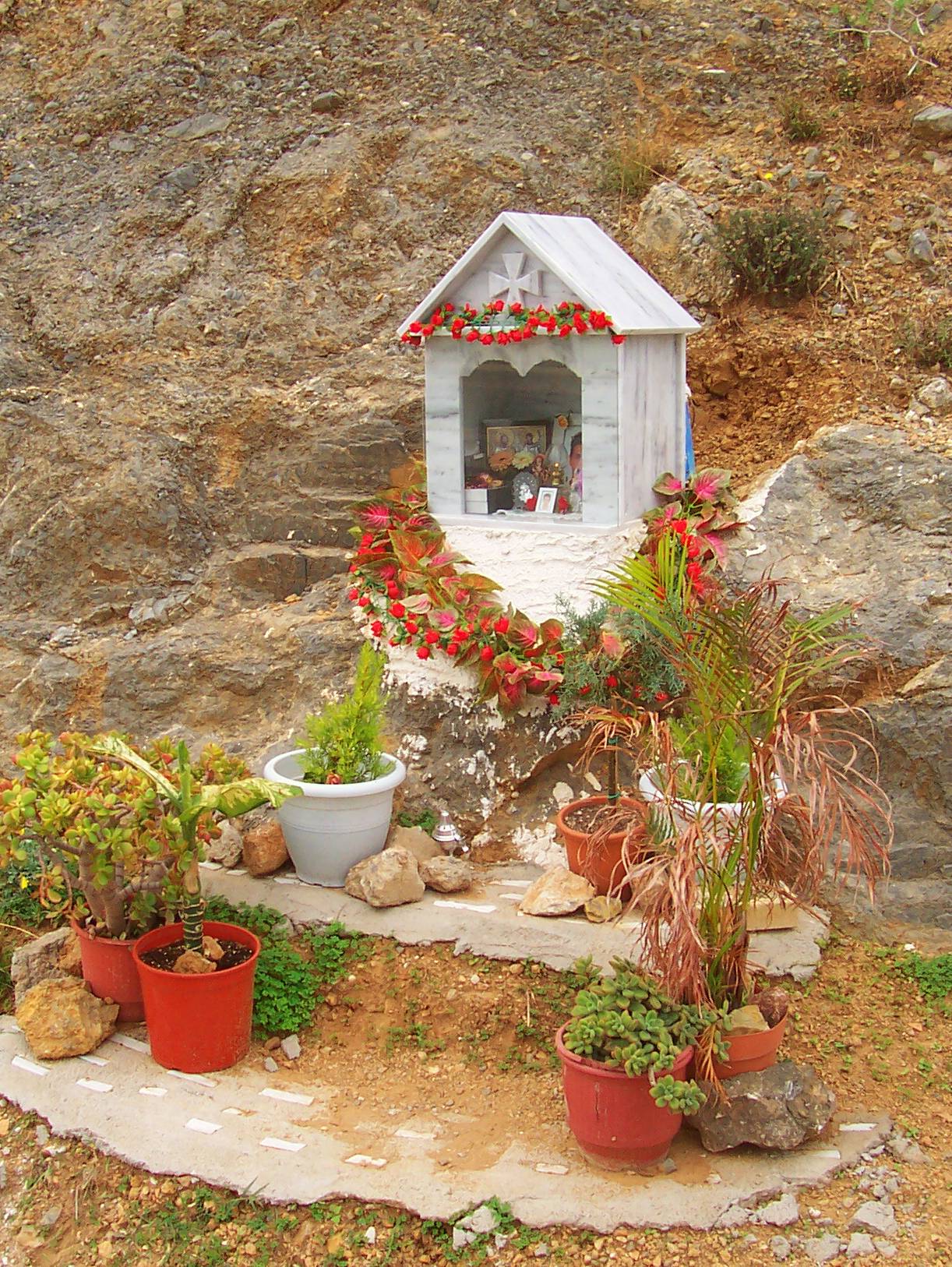
Want to discover even more of what Crete has to offer?
Explore hidden gems, must-visit spots, and insider tips below!
Just Some of the Reasons We Love Crete
Did you love this page? Please share it with your friends!
Copyright © 2008 –
All
Rights Reserved. Reproduction in whole or in part without permission is
not permitted.
Click here to learn about developing your own money-generating website
from Solo Build It! - even with little or no web experience!




